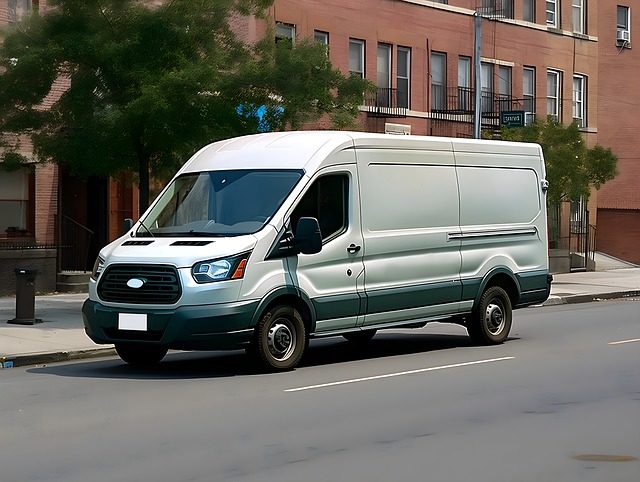Home » Report: Retailers say same-day delivery drives higher revenue
Report: Retailers say same-day delivery drives higher revenue
Prime benefits of adopting same-day delivery include higher customer satisfaction, increased sales, and improved customer retention rates, survey shows.

In a world still demanding fast home delivery, same-day service can be a game changer.
Most companies (80%) recently surveyed by crowdsourced delivery platform Roadie reported increased revenue after implementing same-day delivery service, with nearly a third reporting a revenue rise of more than 10%. Executives surveyed cited three primary benefits of same-day service: higher customer satisfaction (80%), increased sales (70%), and improved retention rates (66%).
Roadie is a UPS company that provides local next- and same-day delivery service. The company partnered with content marketing services firm studioID to conduct the research, which surveyed 150 supply chain leaders across retail, manufacturing, and distribution whose companies offer same-day delivery. The results were published Tuesday in a report titled “2024 ROI Report: Is Same-Day Delivery Worth the Hype?”
Of the companies surveyed, most said they have offered same-day delivery for three years or more (63%), and 68% said that their same-day delivery ROI (return-on-investment) trends consistently upward year-over-year, according to the report. The survey results also showed that those ROI trends can help companies make better business decisions in several areas: product and service offerings (65%); expansion of same-day delivery in new regions (59%); warehouse space (54%); distribution facility locations (51%); logistics investments (45%); and labor (37%).
But it’s not all good news. The survey found that 70% of companies experienced higher operational costs after rolling out same-day delivery, which can lead to higher prices for consumers. Nearly 30% of respondents reported raising product prices to offset delivery costs while others said they implemented delivery fees: 17% charged an annual fee; 14% charged a one-time flat fee; 13% charged a same-day fee on each order; and 13% charged a monthly fee. Nearly a quarter said they offered a free trial before implementing fees.
According to the survey, 21% of companies did not charge customers or raise prices and 7% decreased their prices after adopting same-day delivery.
The results highlight the need for cost-efficient delivery models, according to Roadie.
“Retailers can mitigate some of the up-front costs of a same-day delivery program by piloting with partners that can help keep start-up costs to a minimum. That can allow them to experiment, play with pricing and service levels, and optimize to ultimately find the sweet spot,” Roadie’s founder and CEO Marc Gorlin, said in a statement announcing the survey’s findings. “Though operational costs might rise at first, same-day delivery opens up new potential in sales, market share, and customer loyalty.”
Last MileRelated Articles
Copyright ©2024. All Rights ReservedDesign, CMS, Hosting & Web Development :: ePublishing